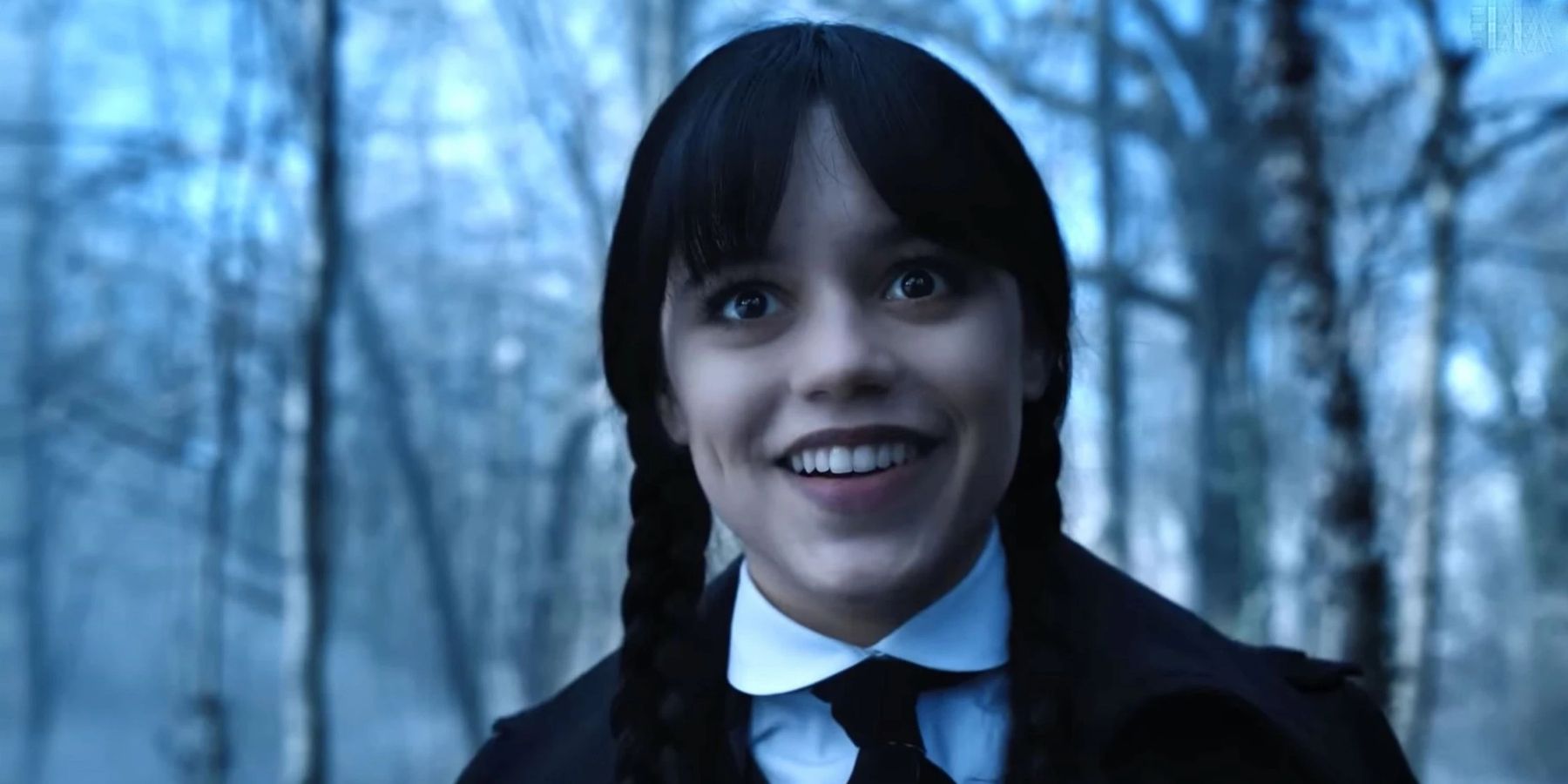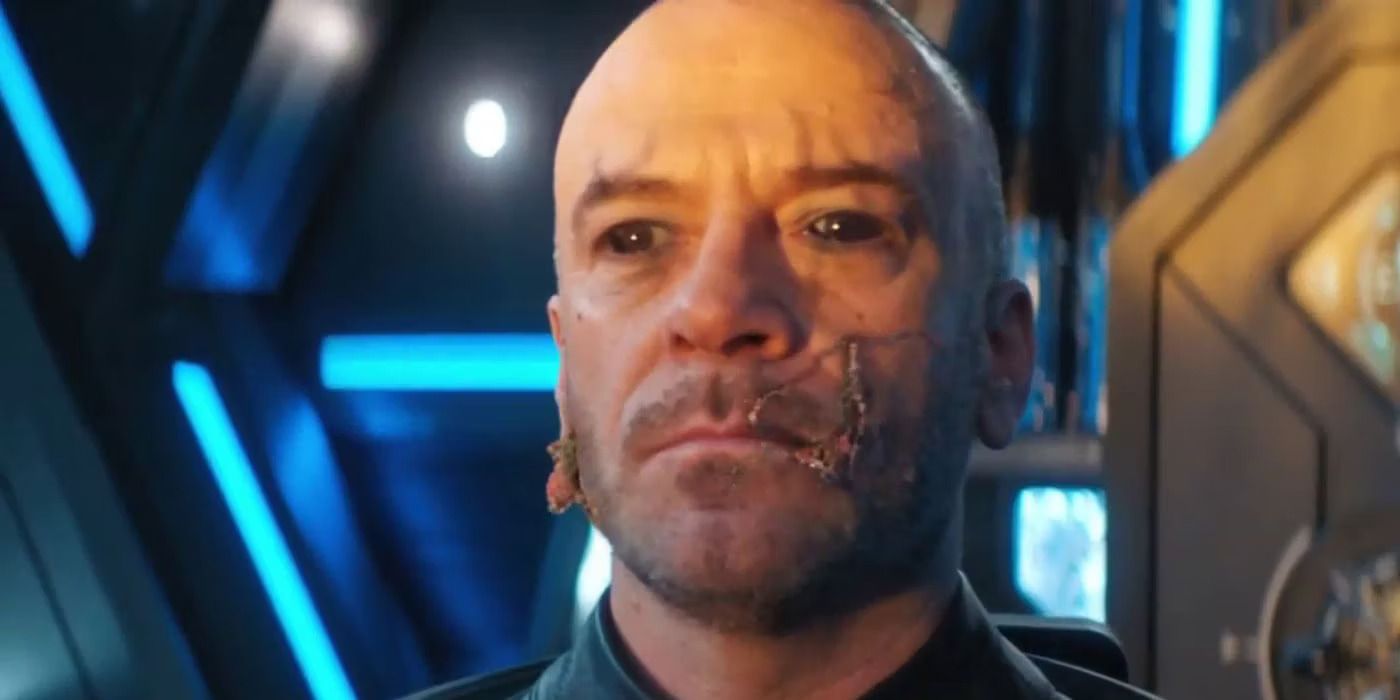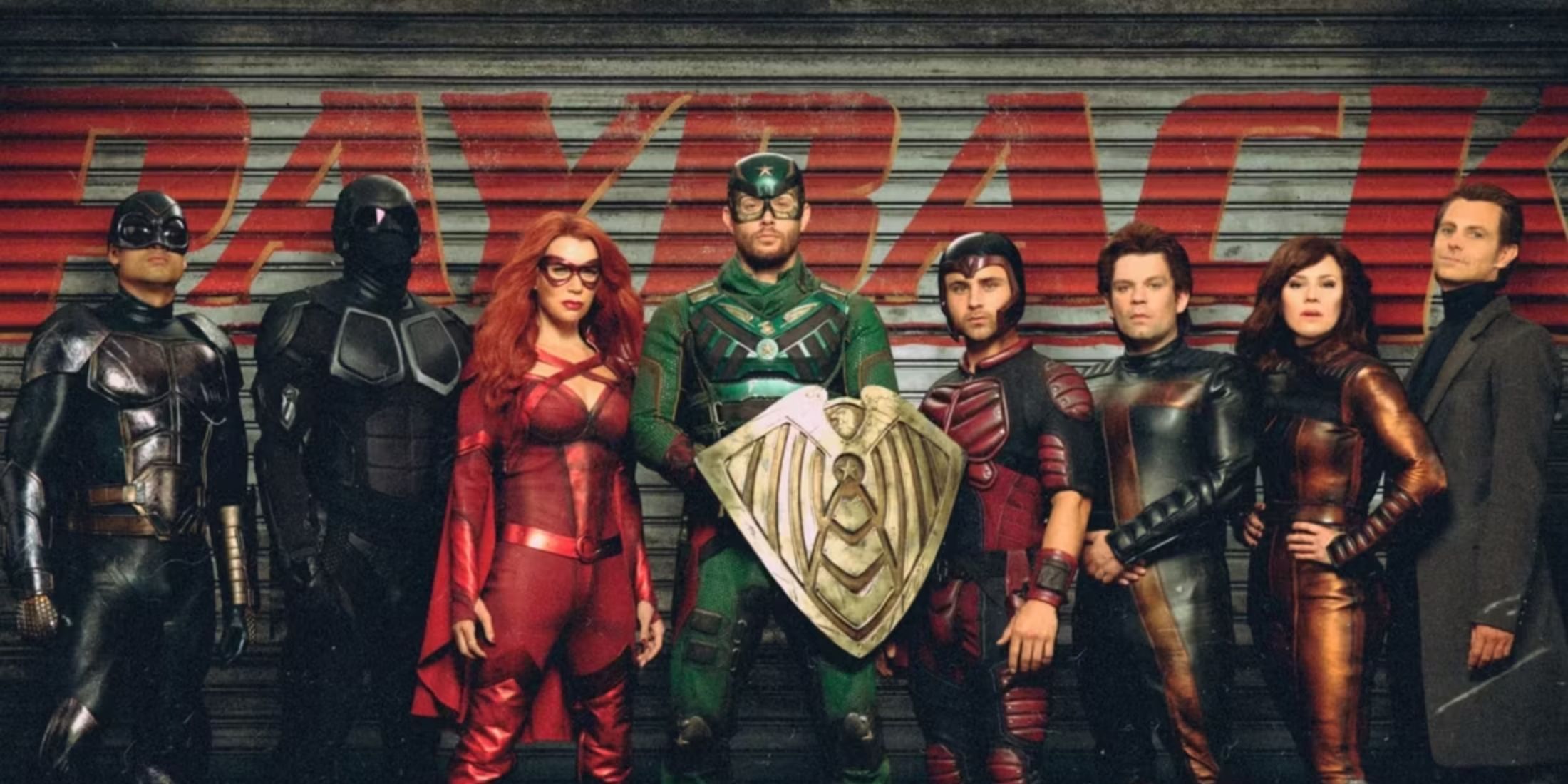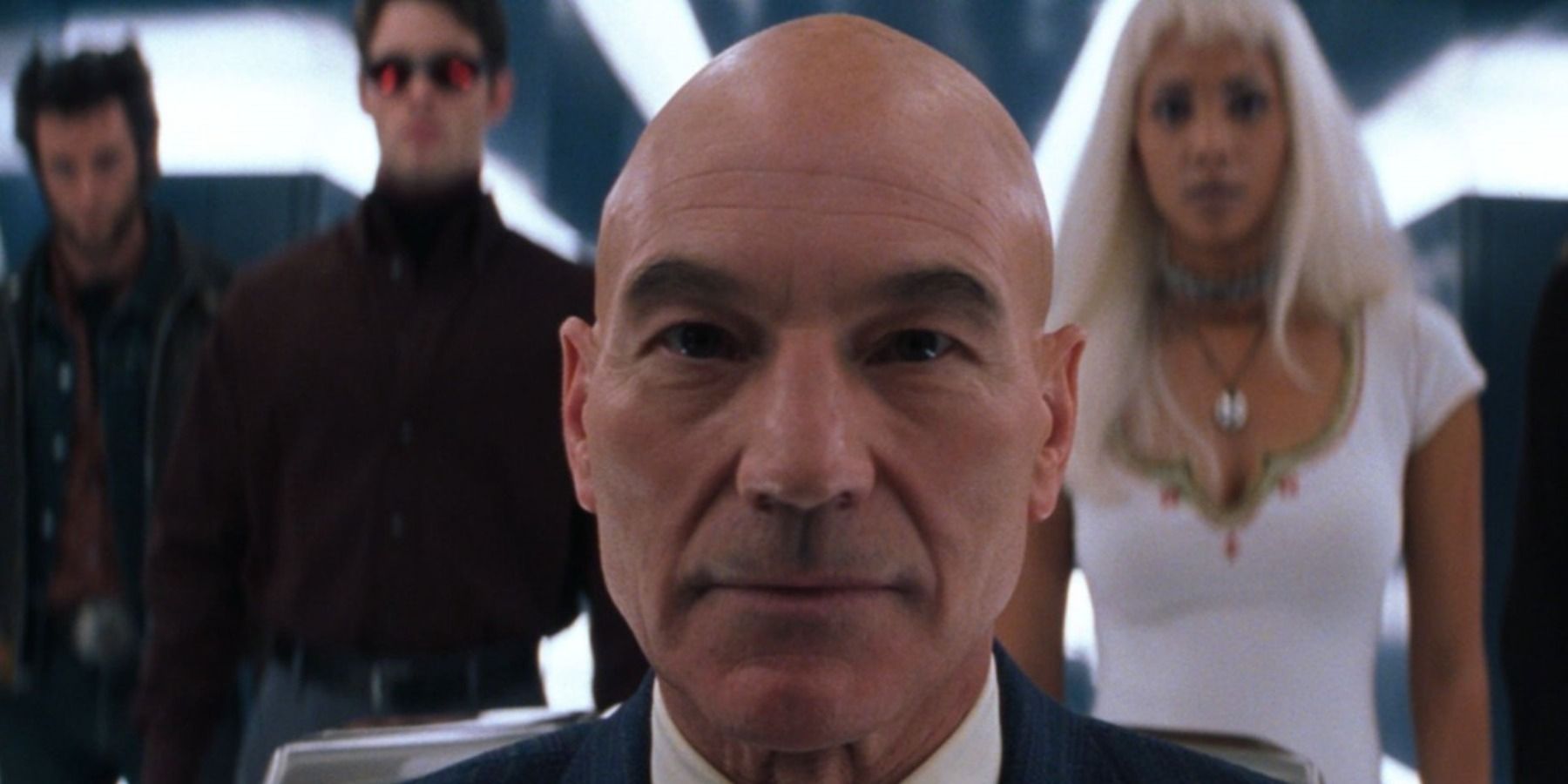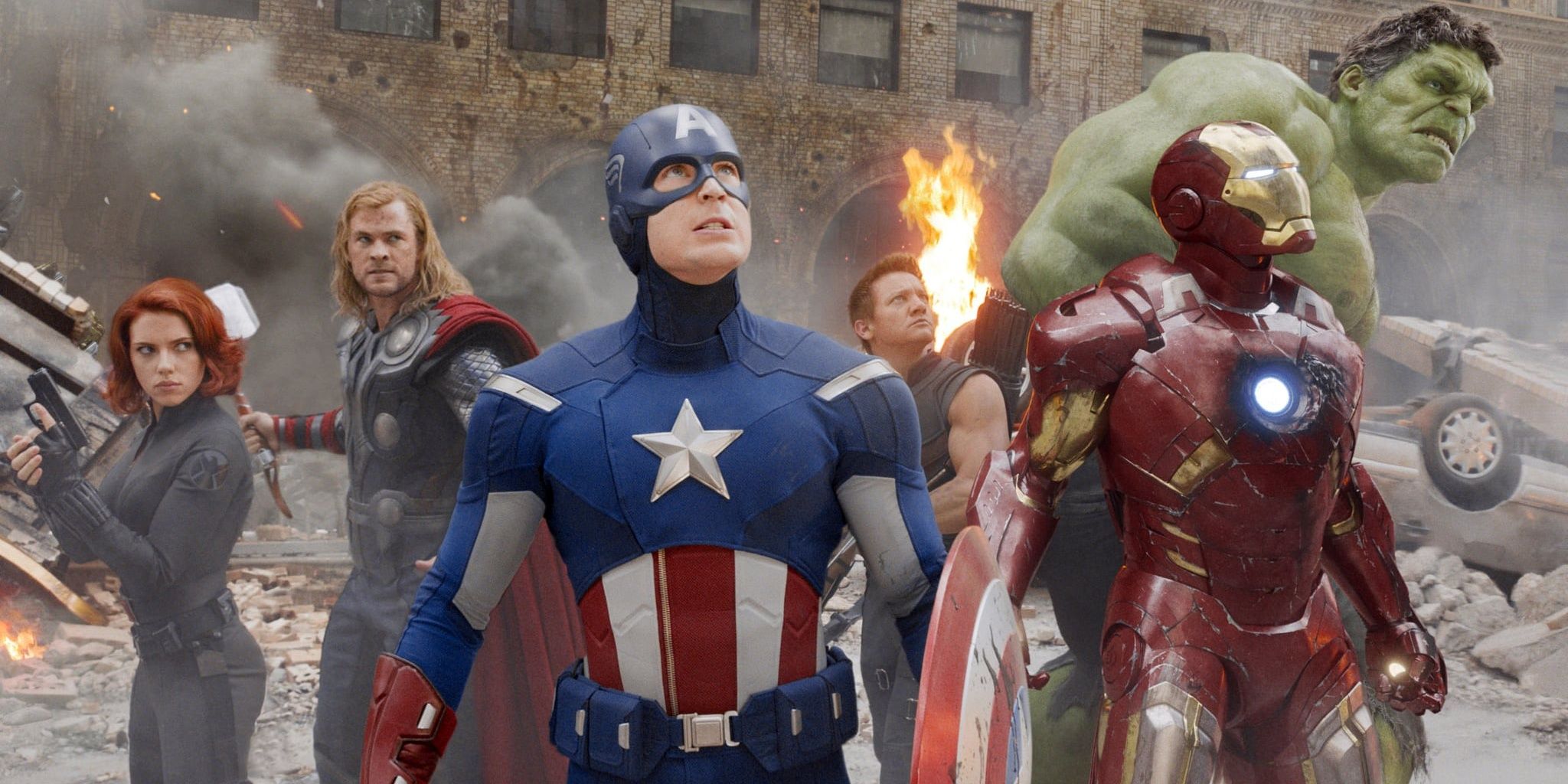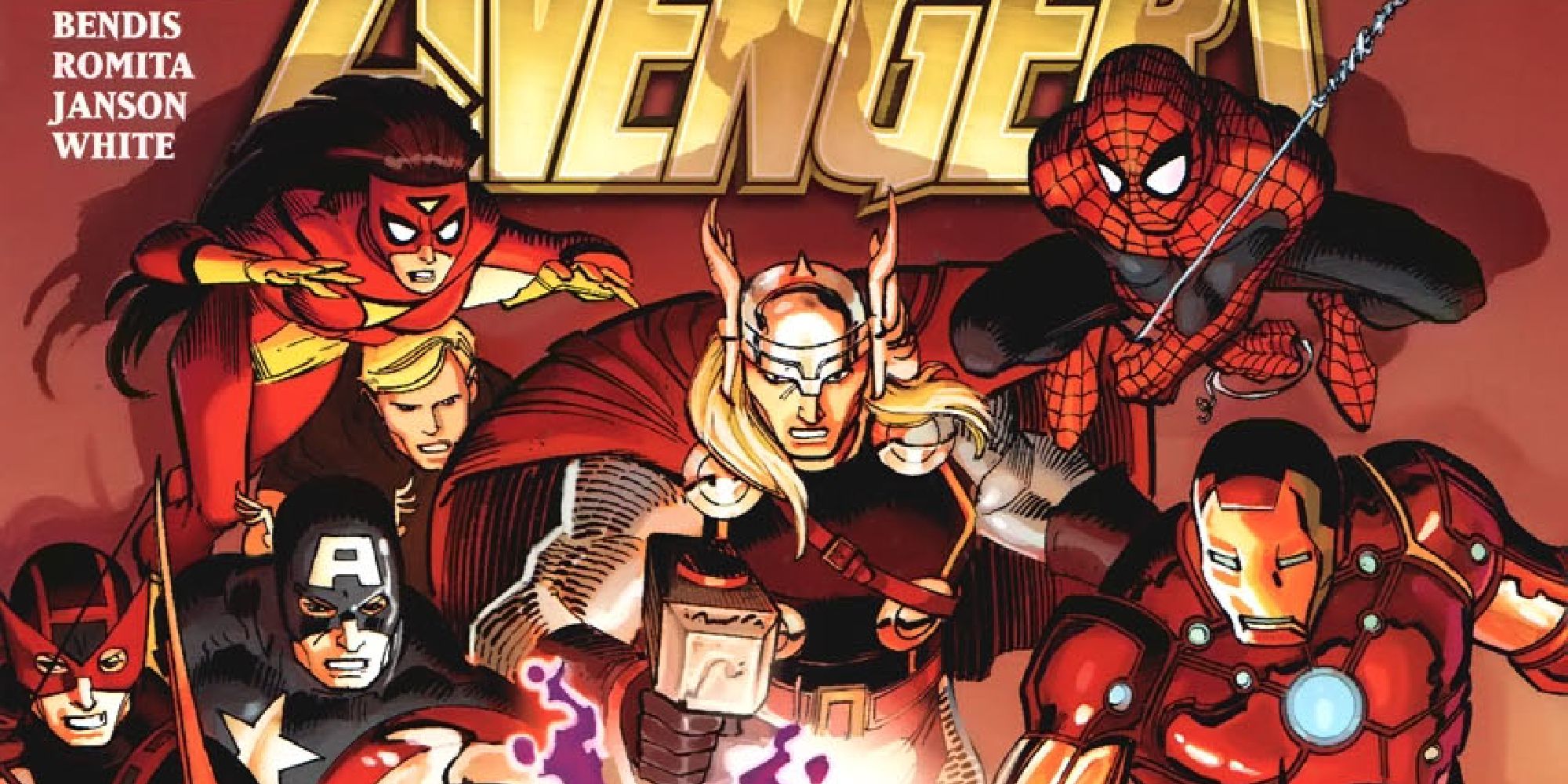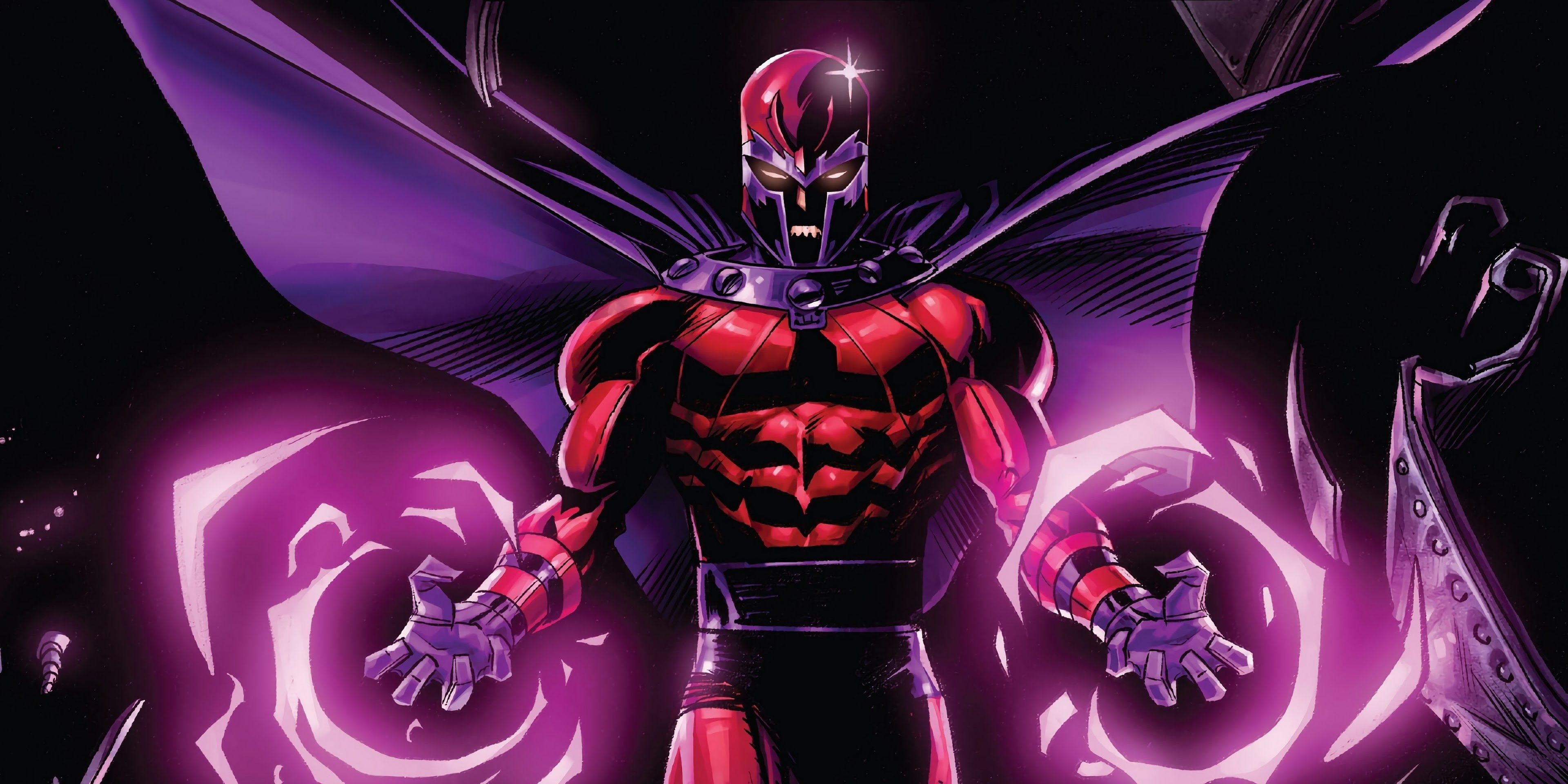The Marvel Cinematic Universe (MCU) is rapidly expanding, and in more ways than one. Most recently, the reality of the multiverse has entered the fold, first in Loki and then elaborated upon in Spider-Man: No Way Home. The cinematic playground first came into the fold with 2008’s Iron Man. After several origin stories for Thor, Captain America, and the Hulk, the MCU kicked into high gear with 2012’s The Avengers. The movie was a revelation for its time, tying in several storylines from different characters to create a fully fleshed out, interwoven cinematic world.
Two years after The Avengers changed expectations for superhero movies, Marvel did it again. 2014’s Guardians of the Galaxy introduced characters that the general public was largely unfamiliar with, and did so without giving any of them prior origin story films. The movie was a smash hit critically and financially, and after several more appearances in MCU films, the Guardians of the Galaxy have achieved worldwide recognition.
The next team to enter the fray could very well be the X-Men. At the very least, audiences should be introduced to mutants very soon. The newest trailer for Doctor Strange and the Multiverse of Madnessappears to feature the voice of Patrick Stewart, who helmed the role of Professor X in the Fox Studios X-Men films. If this means the introduction of mutants, it would tremendously broaden the scope and possibility of the MCU since the X-Men are as influential in Marvel Comics as the Avengers. However, there are several reasons for believing that the introduction and integration of mutants into the MCU will not be seamless or graceful. There are both storytelling and symbolic hurdles towards making mutants a part of this shared, fully realized cinematic universe.
The Age of the MCU
The MCU is a teenager, now in its 15th year. However, unlike typical teenagers, it is a fully matured and self-sustaining entity. That is to say, the MCU has endured the full range of emotional experiences to date: soaring highs, brief lows, and the glory and trauma of superhero tales. Introducing mutants at this stage in the MCU’s existence will only make a crowded interwoven multiverse only more packed. In Marvel Comics, mutants are the next stage in human evolution – they are known as Homo Superior.
This particular hurdle is not really Marvel Studios’ fault, to be fair. Marvel only acquired the movie rights to the X-Men and mutants in 2018 with the Walt Disney Company acquiring Fox Studios. Marvel Comics (which Disney bought in 2009) sold Fox movie rights to these characters in the 1990s when Marvel Comics was on the brink of bankruptcy. This is why there was a cinematic X-Men Universe years before the MCU burst into existence.
The Potential for Superhero Team Fatigue
As previously mentioned, the Avengers and the Guardians of the Galaxy already have cemented their places in the MCU. The Avengers protect the Earth from internal and external threats, and the Guardians of the Galaxy patrol the stars in search of adventure and to protect the galaxy.
Mutants are essentially just people with extraordinary abilities. These might include the power to self-heal from almost any wound (like Wolverine) or the ability to control the weather (like Storm). Not all mutant abilities are this extreme, but they are certainly formidable and unique.
With mutants come the X-Men, the superhero team that is full of extraordinary mutants. They fight for the betterment of mutants and humankind. However, with already two superhero teams fighting on behalf of the Earth, and an Avengers roster that is fairly plump, superhero team fatigue could be on the horizon. To date, it has not arrived, and the box office numbers back that up. However, mutants and the X-Men will have to provide something new and fresh for audiences, lest they tire of a repeated formula.
Mutants as Stand-Ins for Oppressed Peoples
In Marvel Comics, mutants are essentially stand-ins for oppressed groups of people. For example, the mutant and X-Men supervillain Magneto is a Holocaust survivor. One can easily draw a parallel line between the fictional fight for mutant rights and the very real fights for various civil rights causes.
This would normally be a niche that mutants could fill seamlessly, however, it is currently occupied by others in the MCU. There are already numerous groups of oppressed people that are being given representation in the shared cinematic universe. For example, Sokovians like the Scarlet Witch and Baron Zemo are portrayed as victims of warfare and its many traumas. Additionally, refugees such as the Flag Smashers from The Falcon and the Winter Soldier were displaced when half of the world’s population returned from the dead after the events of Avengers: Endgame. They are most assuredly disenfranchised and even oppressed people.
This does not mean that mutants cannot play an important role in the MCU. It just means that the main thrust of their symbolism in the comics is currently occupied by others in an already-thriving MCU. Their trials and tribulations will still tug at heartstrings, but the impact could be less than it would have been if mutants had existed since the birth of the MCU.

